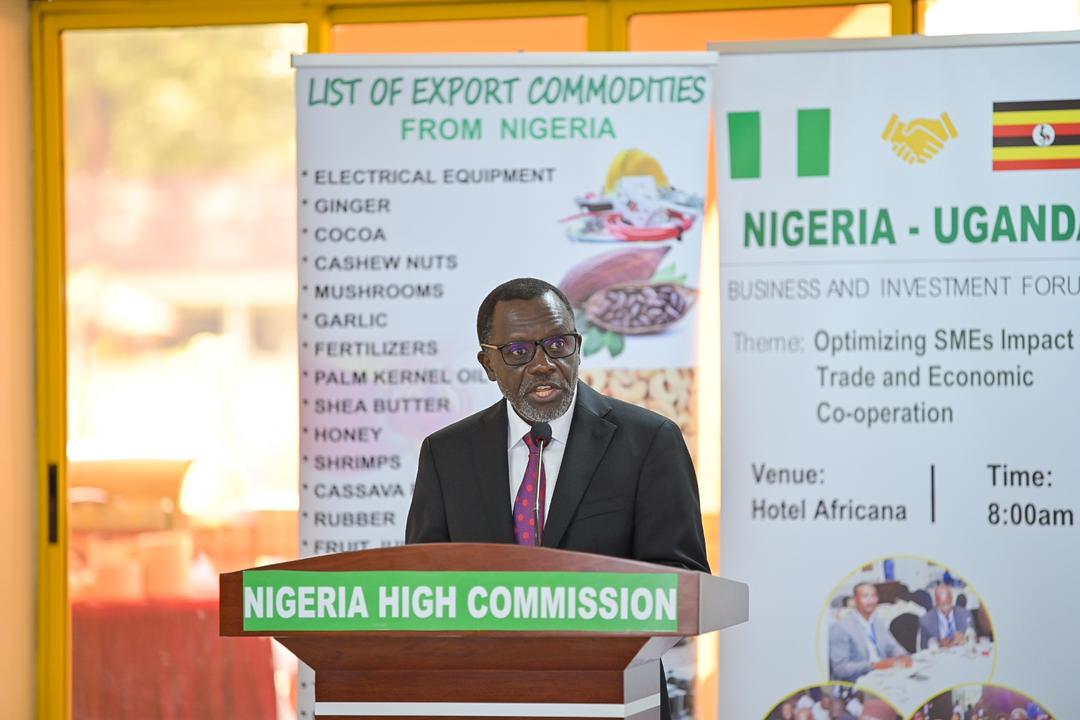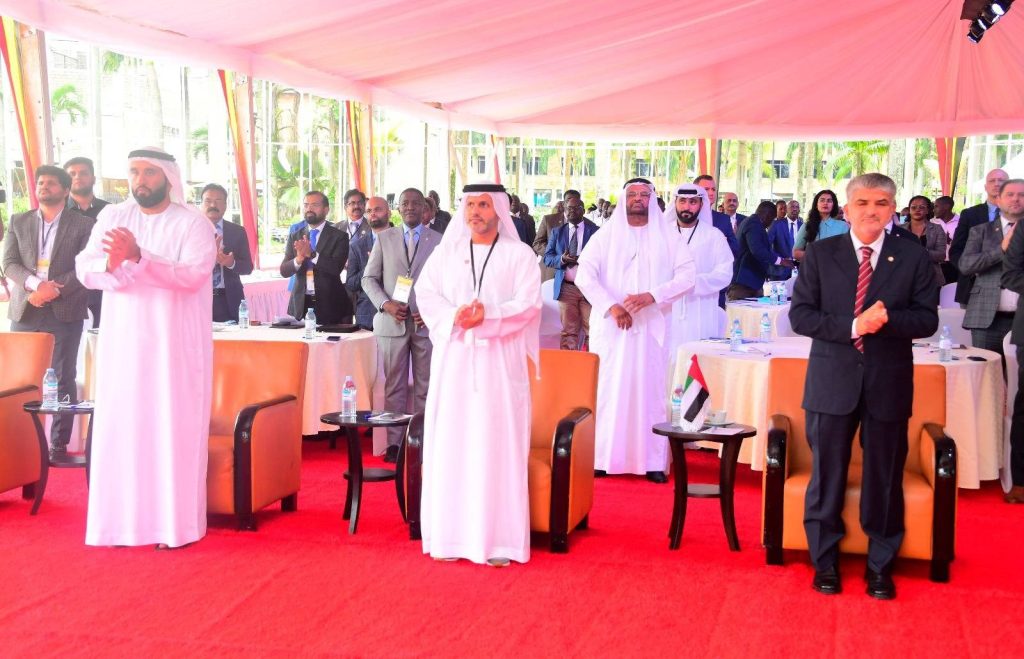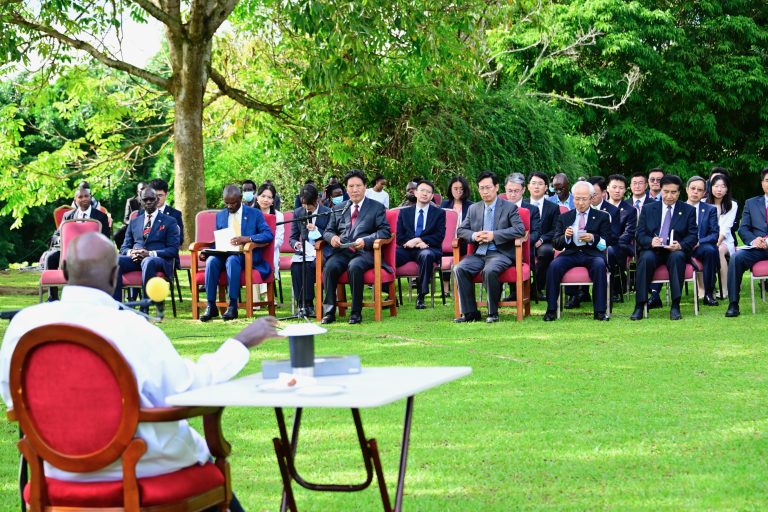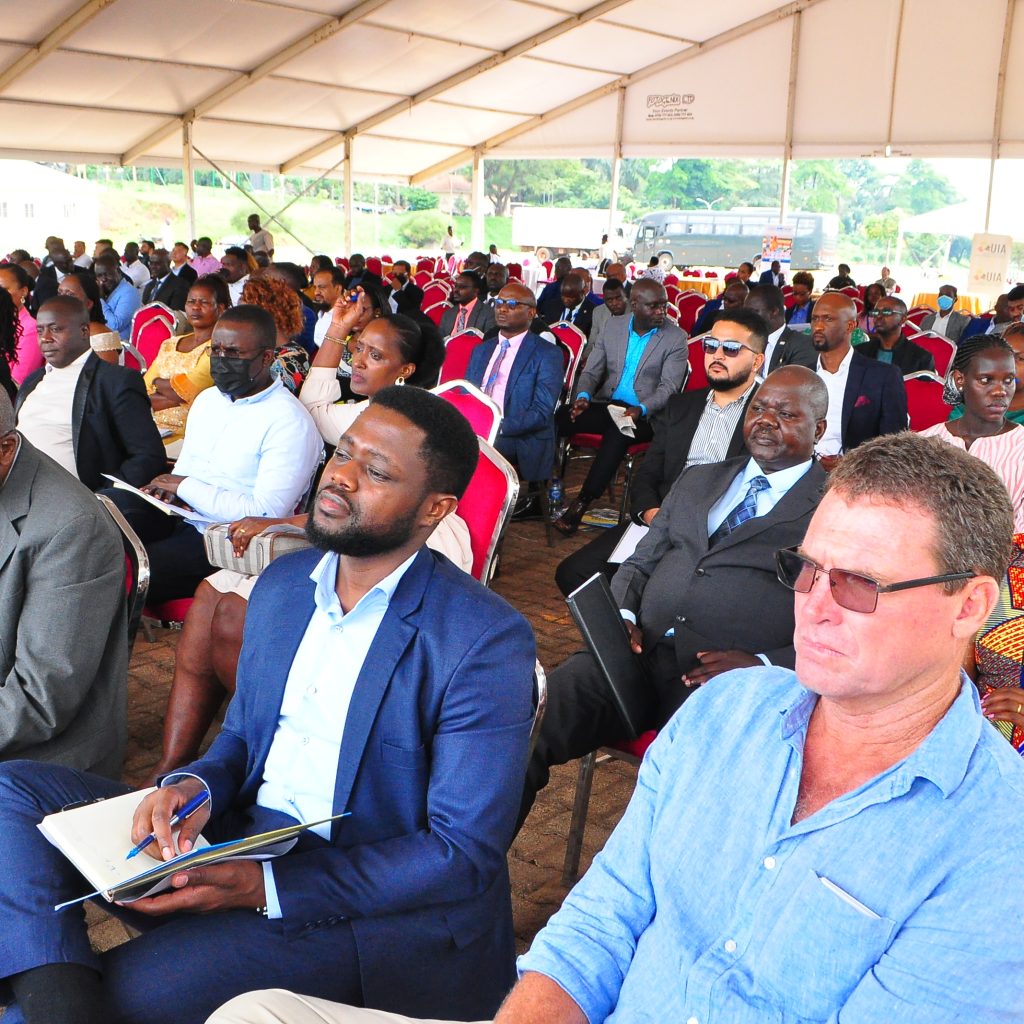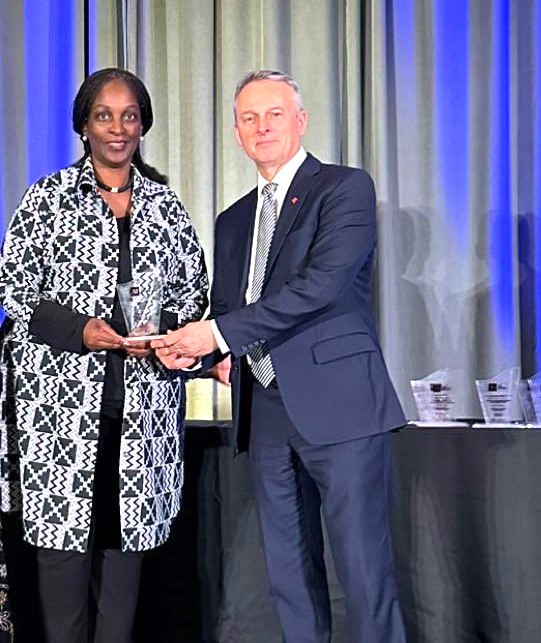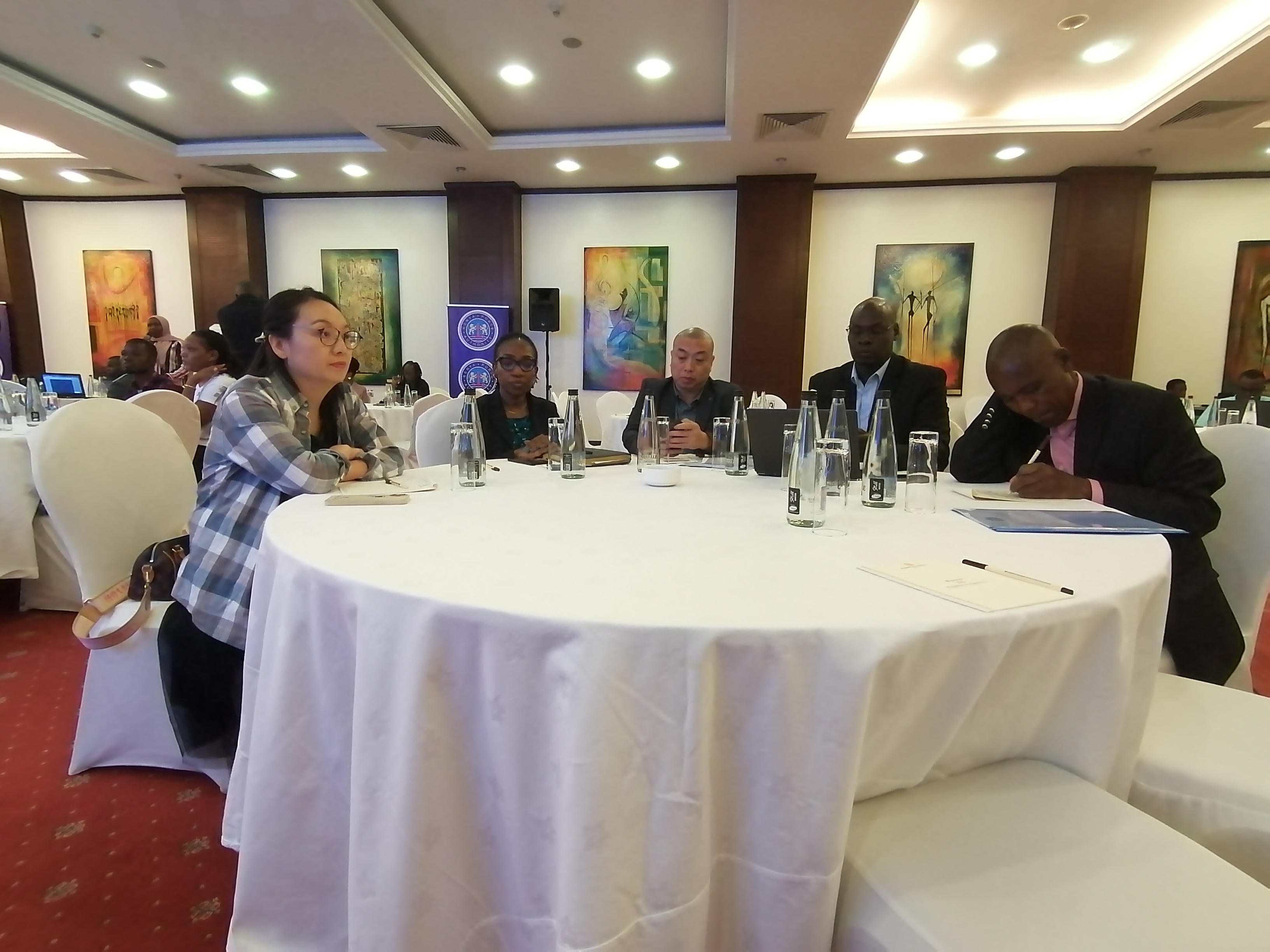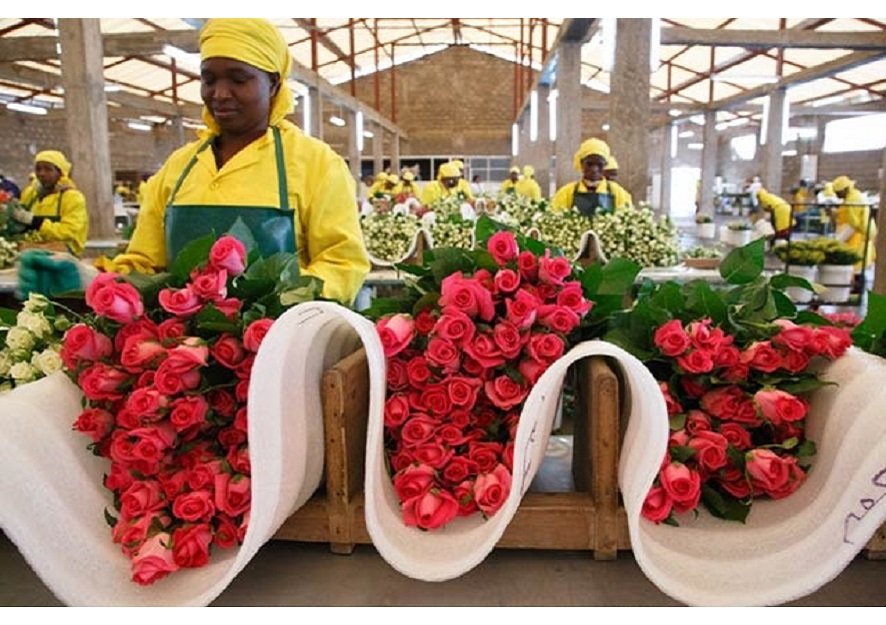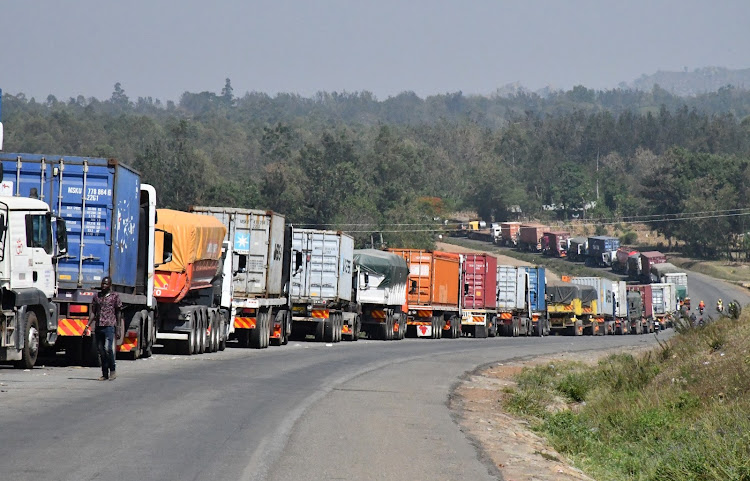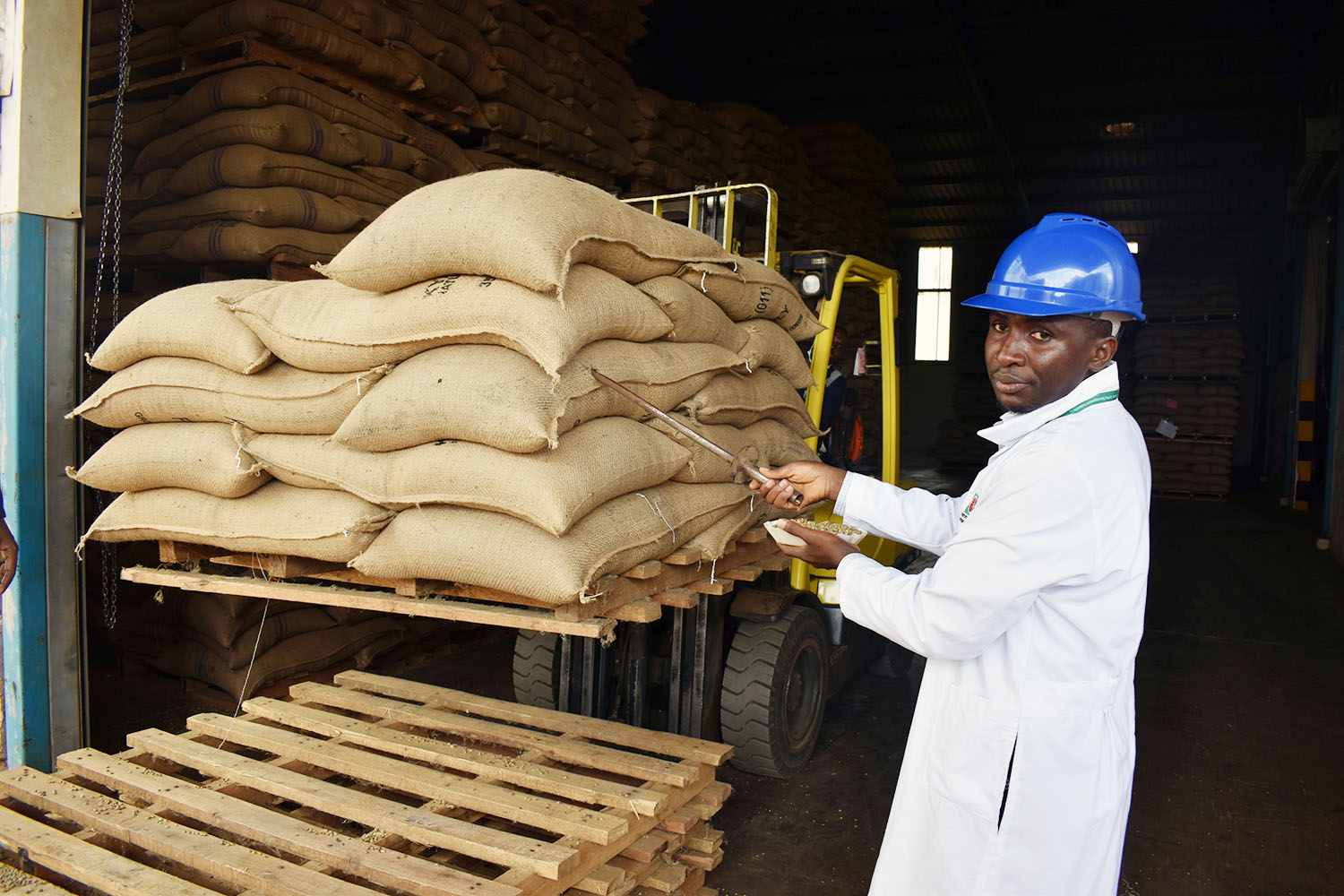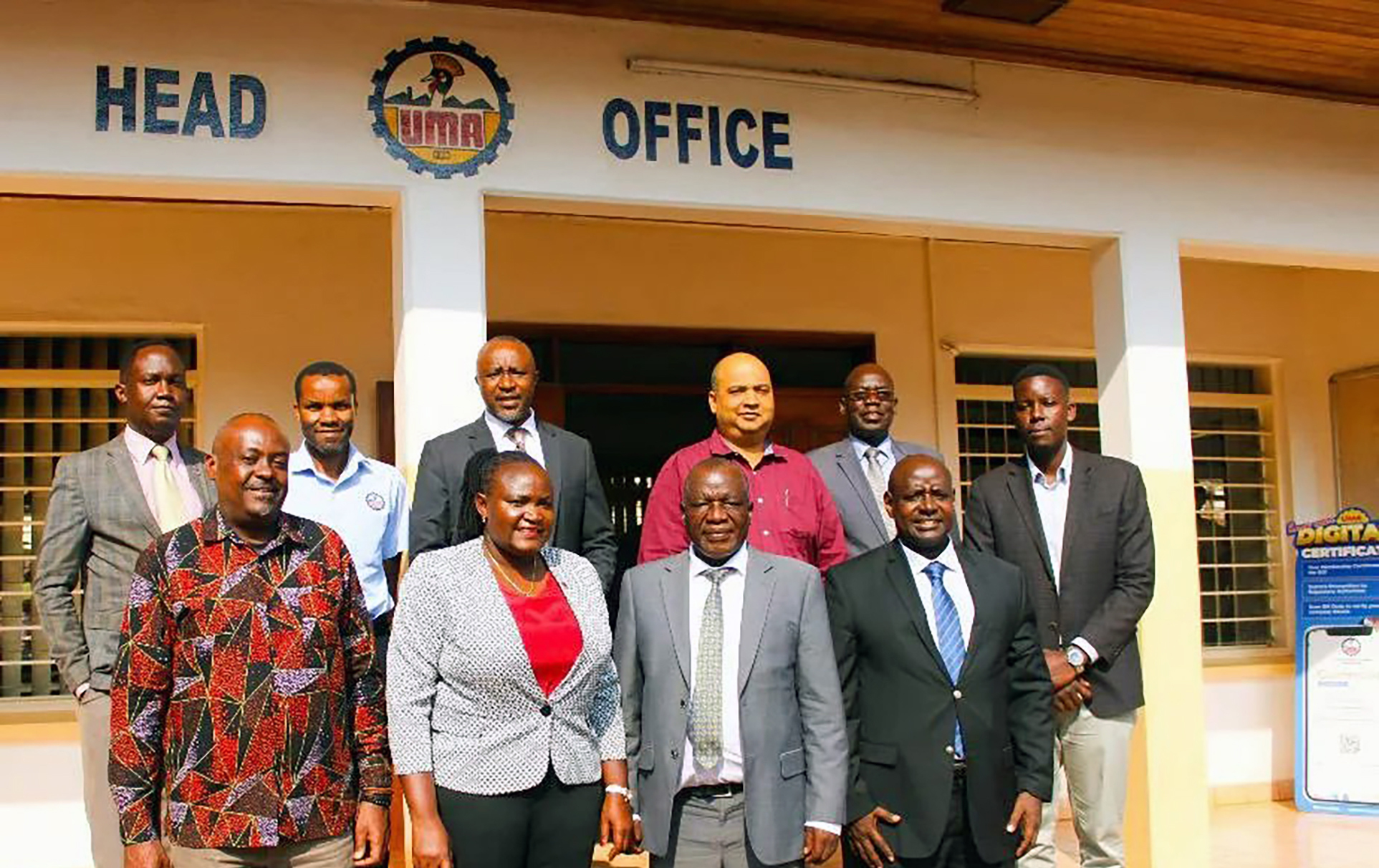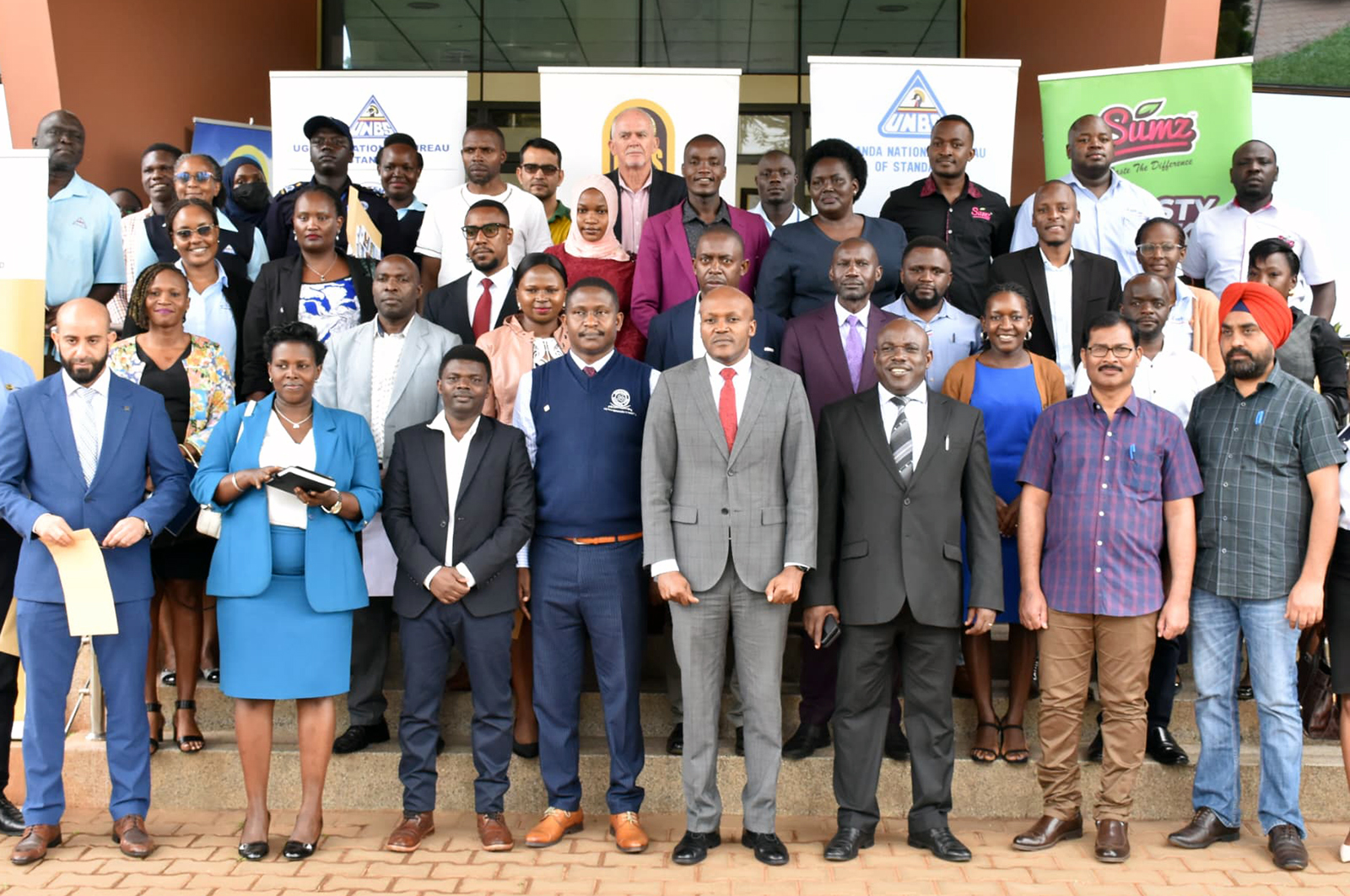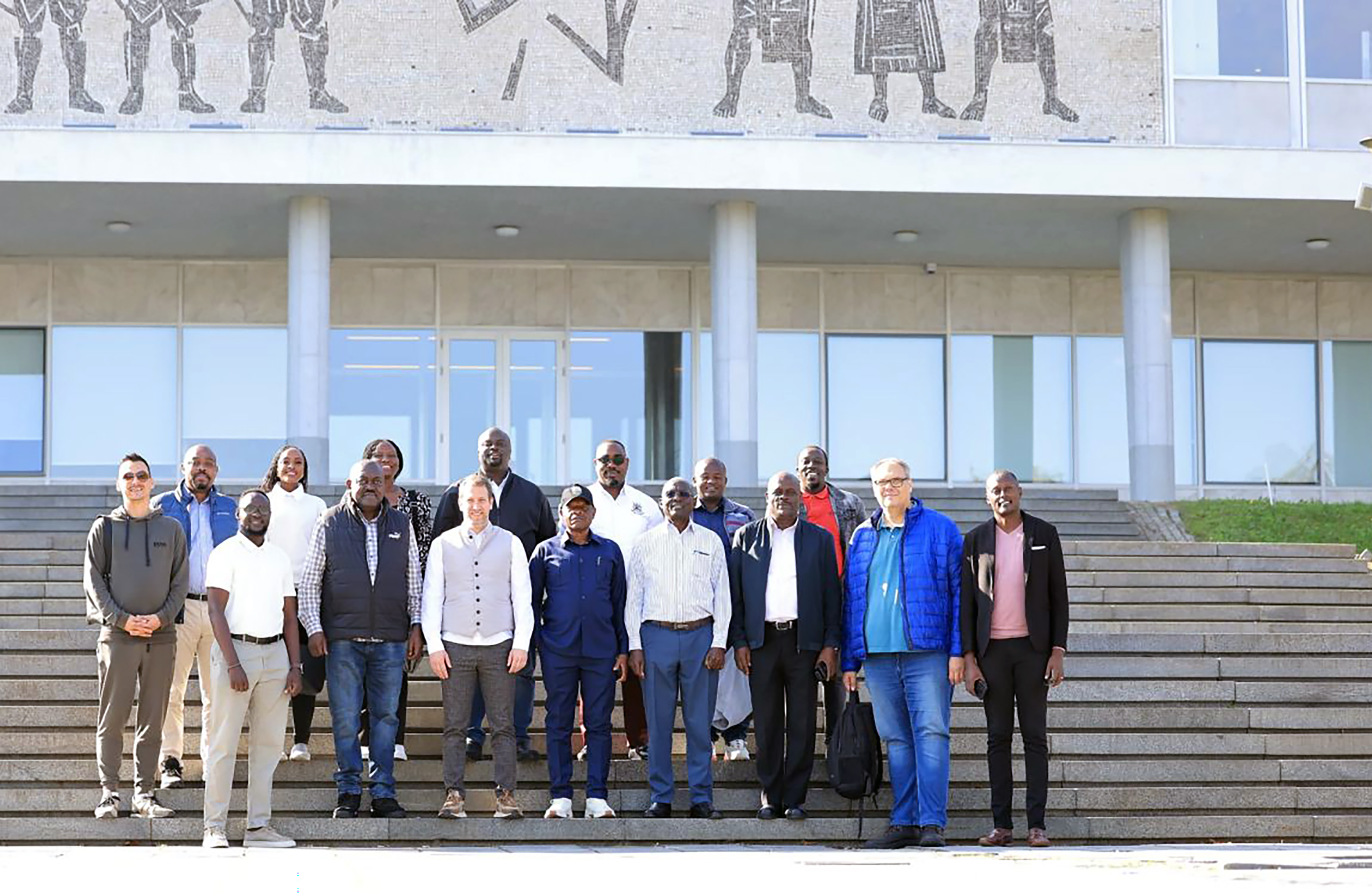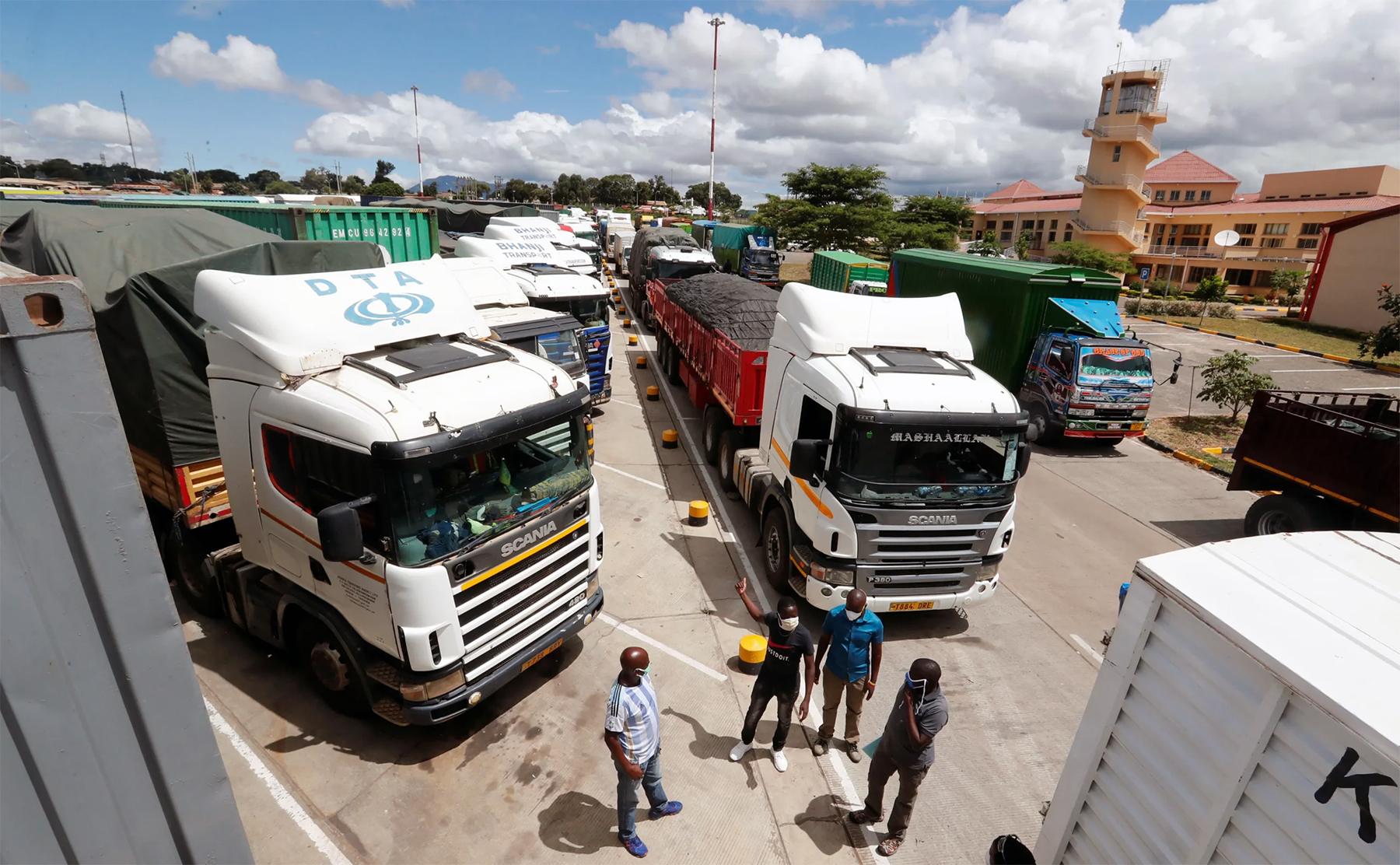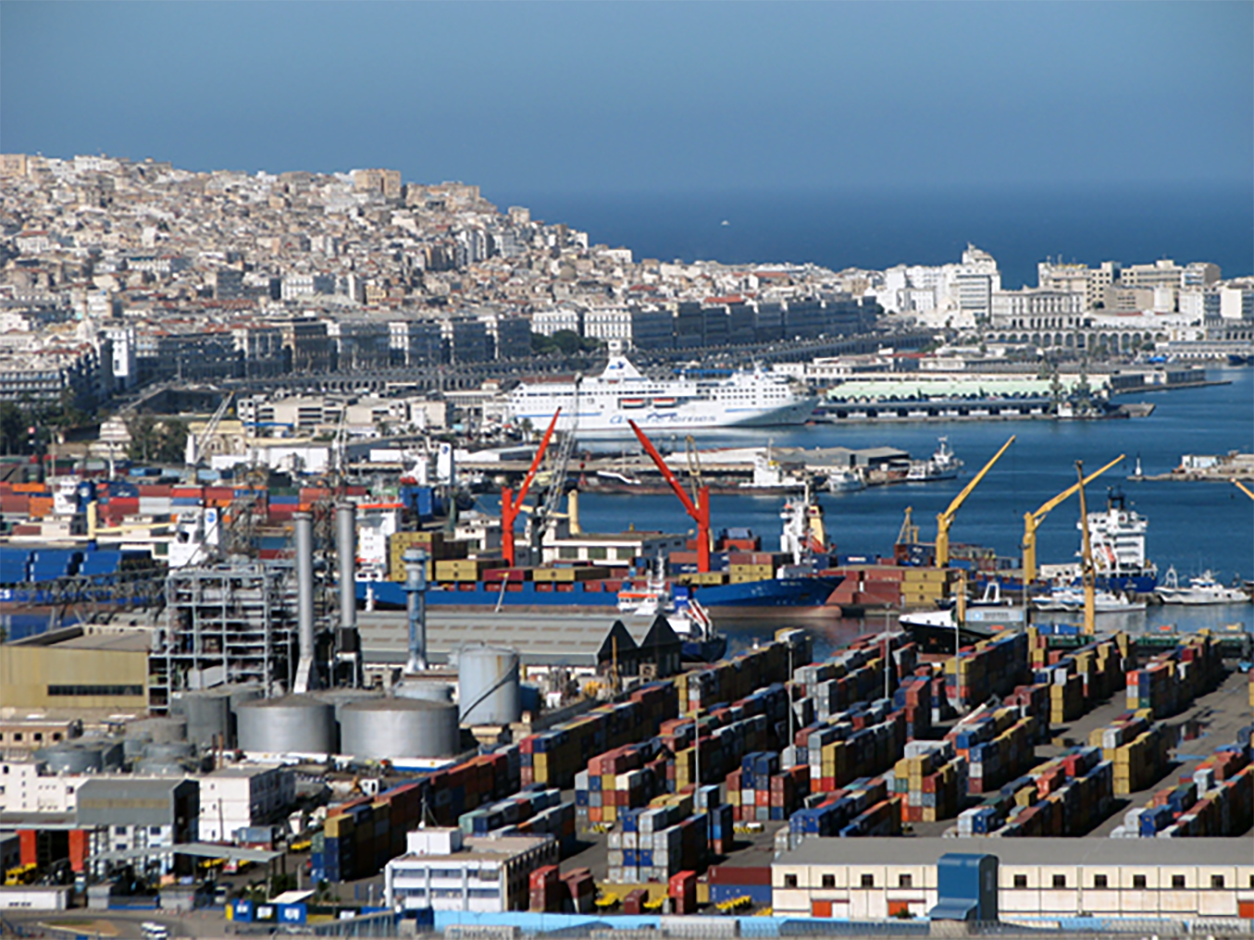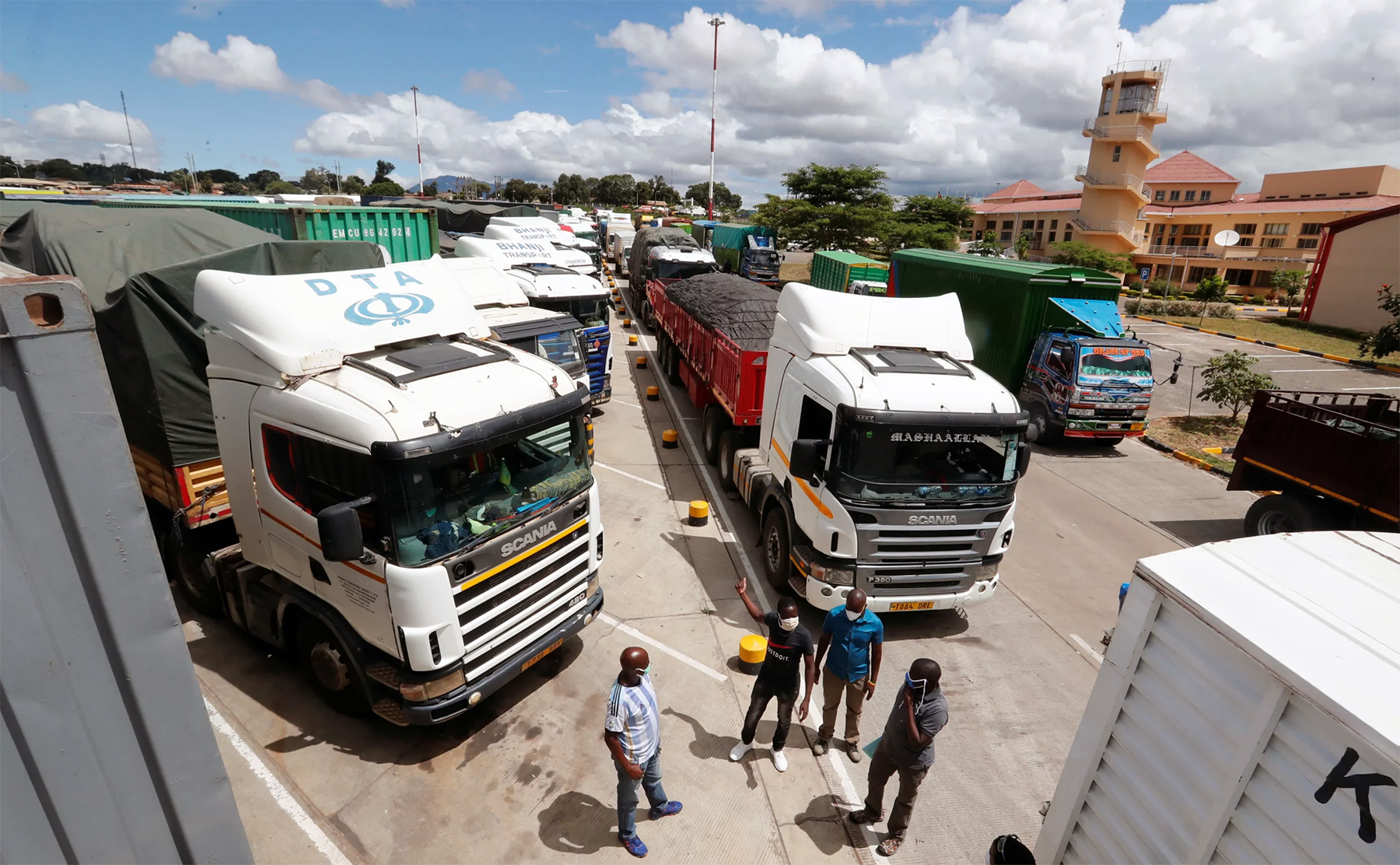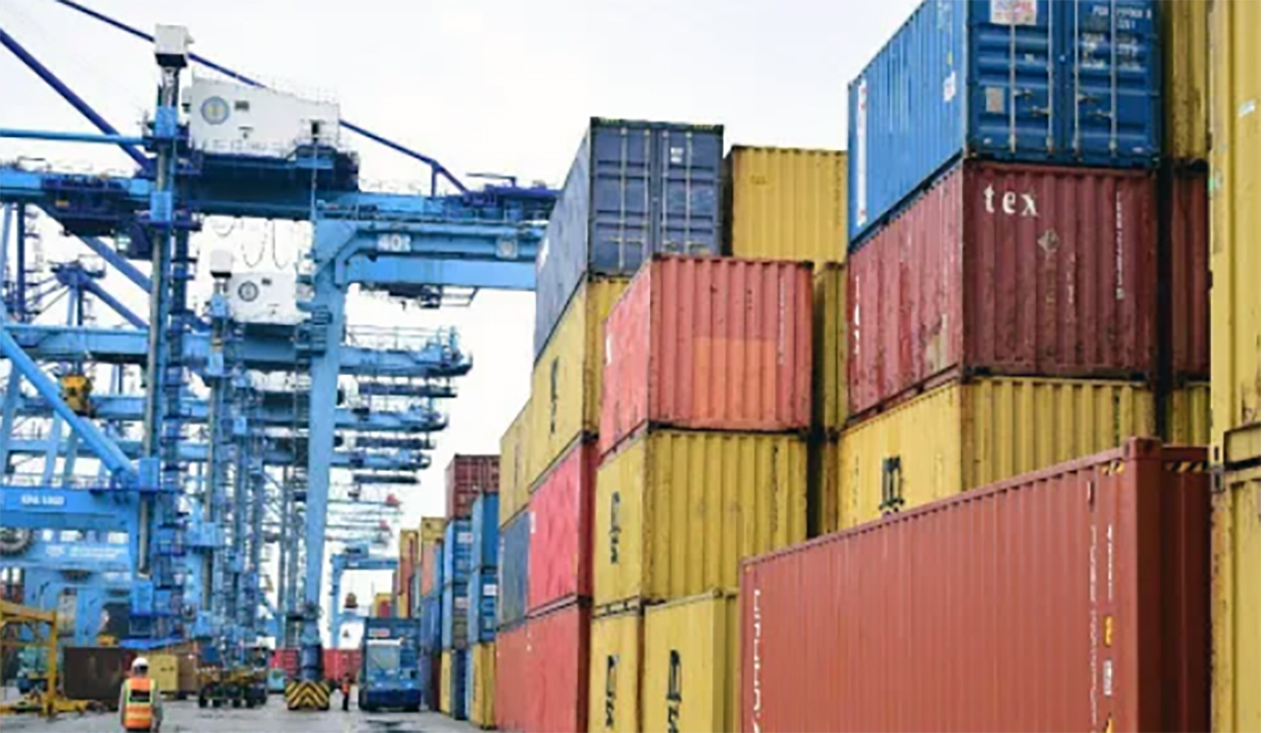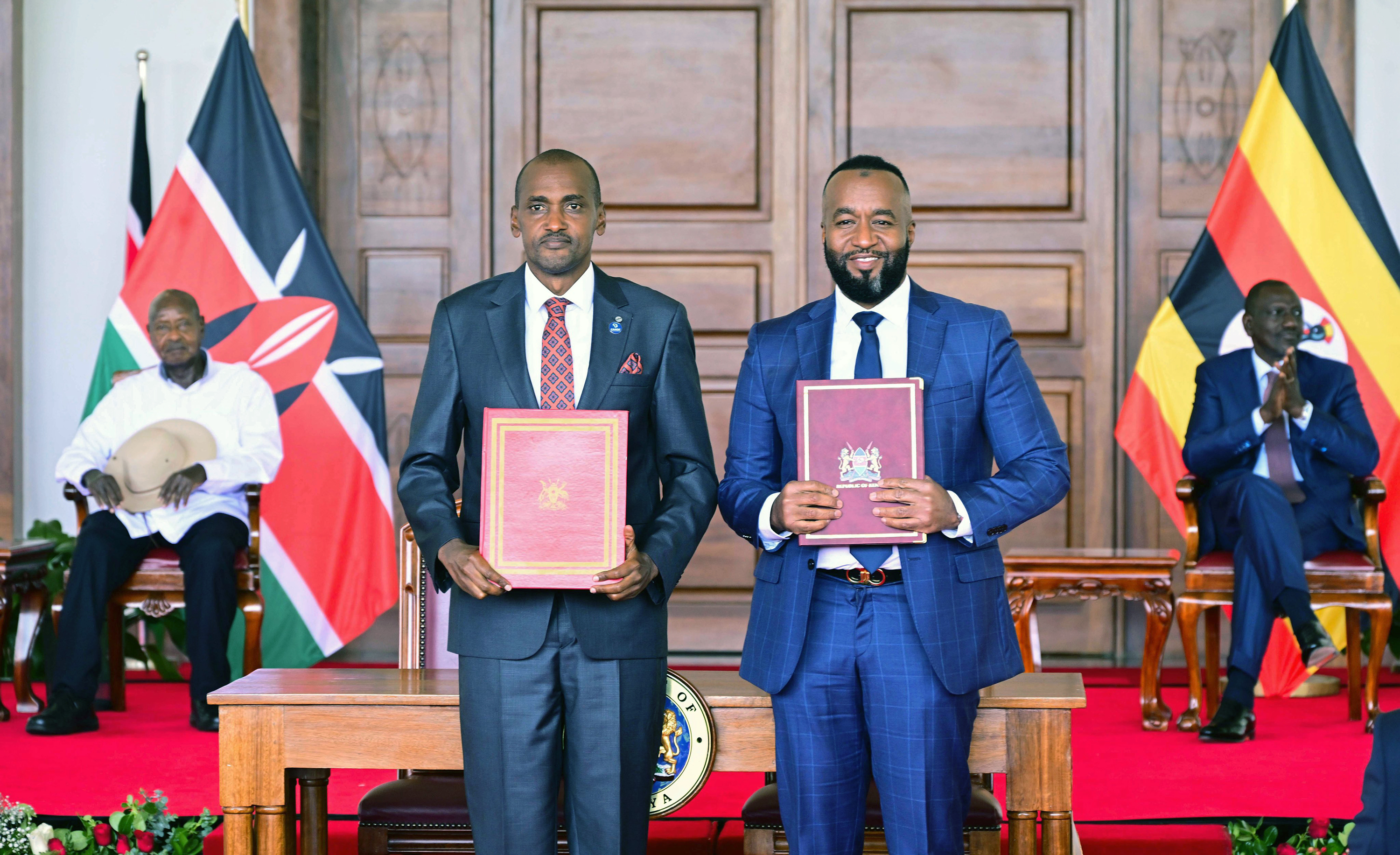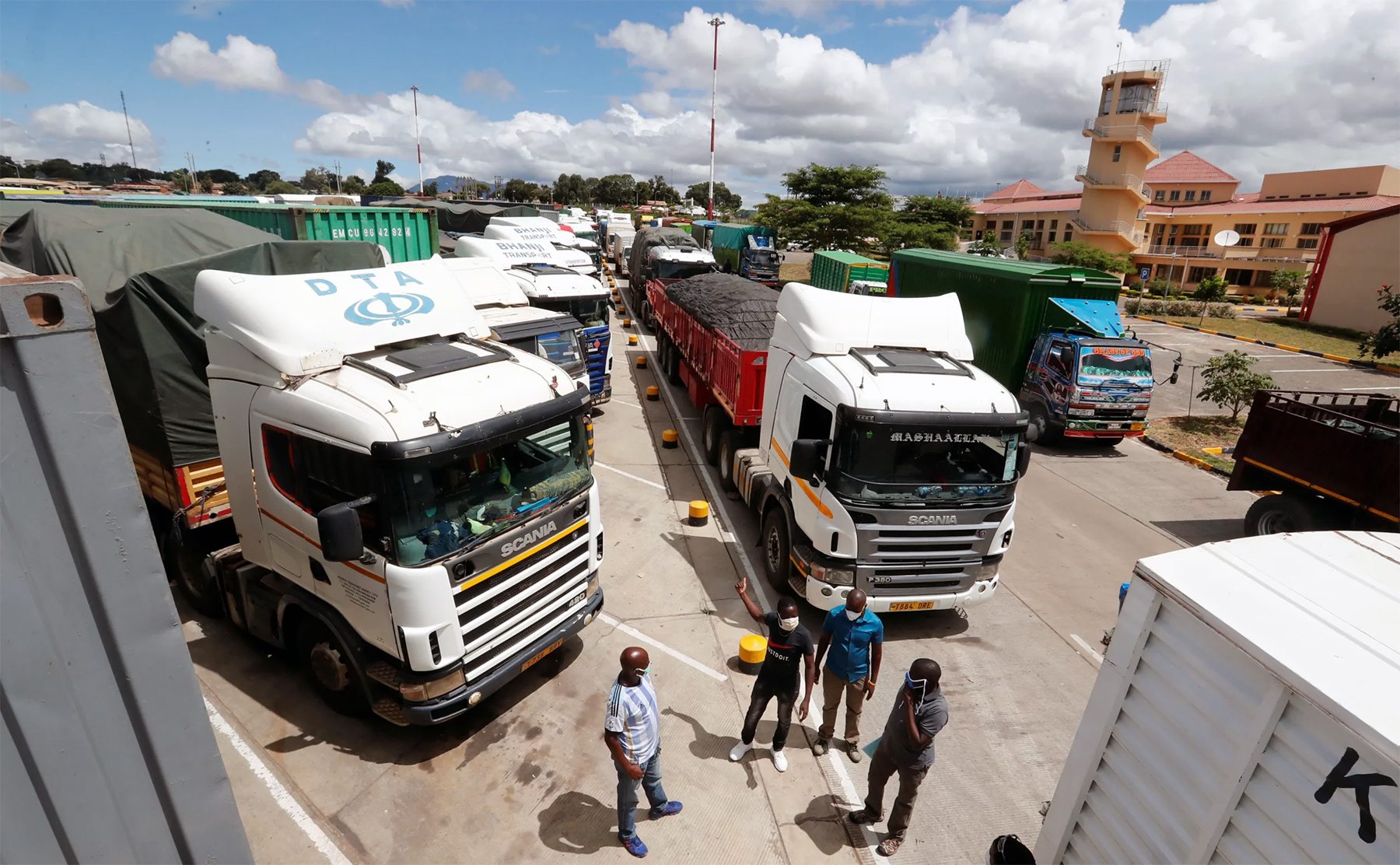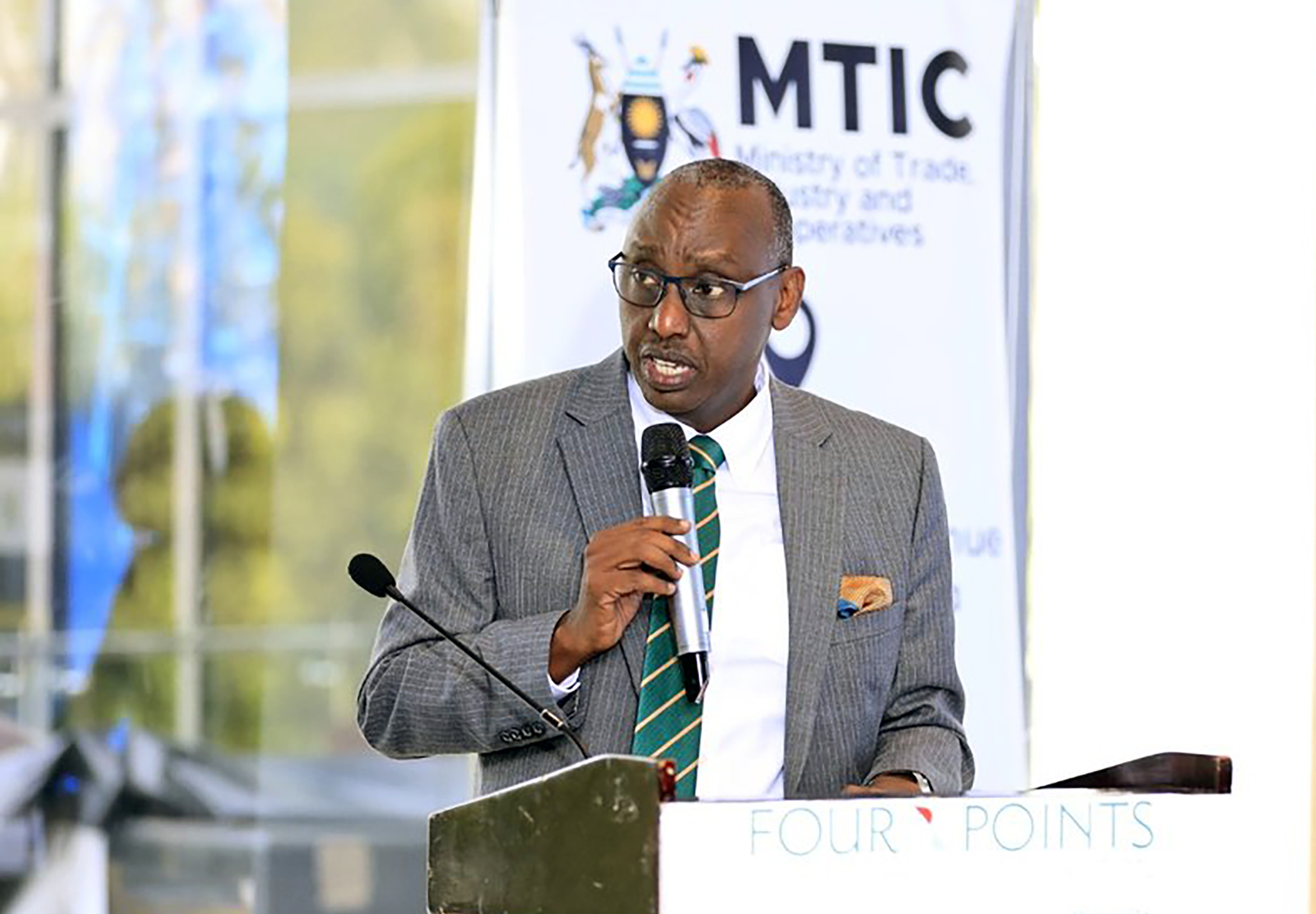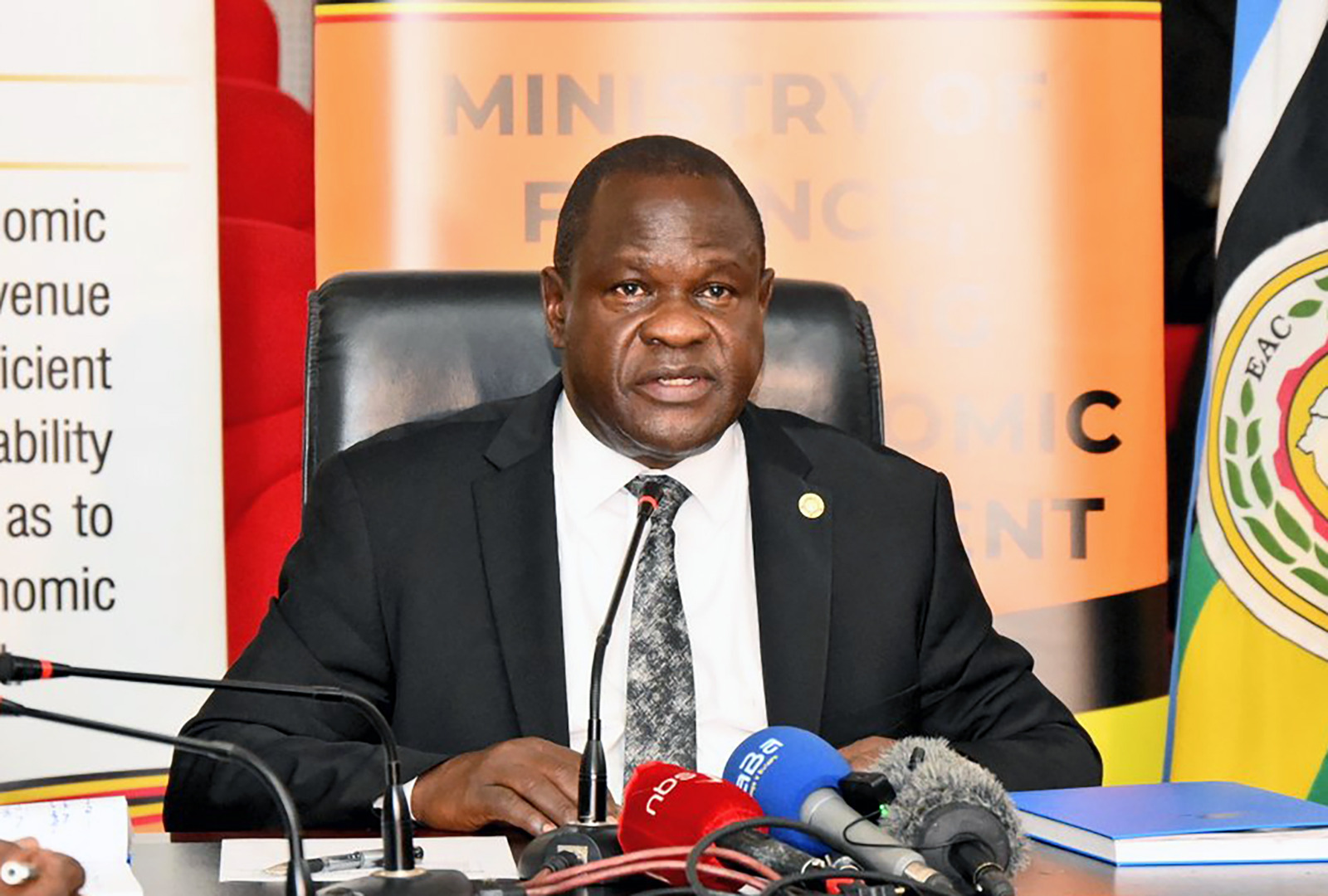Optimism as African Free Trade Area plan gains momentum
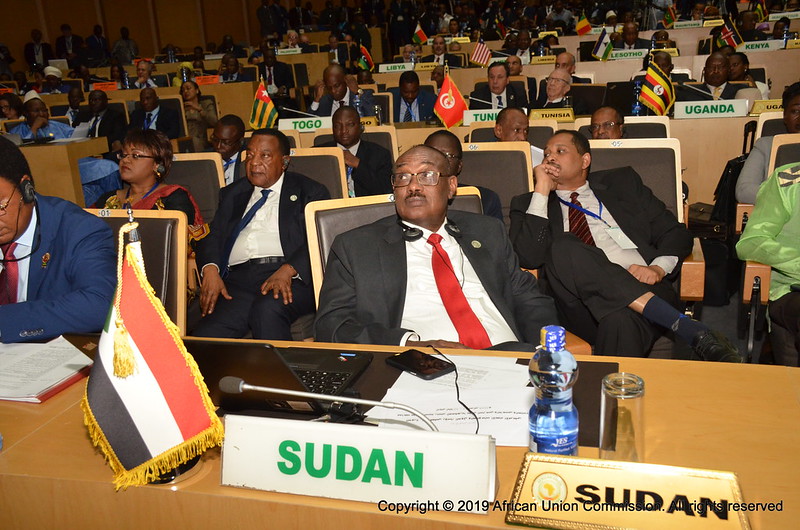
ONE: An African Union Commission Assembly in session. The AU has set an ambitious Agenda 2063 vision as a blue-print for the 'Africa we want.' PHOTO COURTESY AFRICAN UNION/BUSINESS EDGE
The African Union Assembly recently adopted key protocols and decisions affecting the African Continental Free Trade Area (AfCFTA), which included the first-ever Protocol on Women and Youth in Trade, Investment, Digital Trade as well as several rules of origin on clothing and certain automobile products.
The AfCFTA, which aims to make Africa a single market, is potentially one of the world�s largest free trade areas, boasting of a total of 55 countries and eight Regional Economic Communities (RECs). Africa thus stands at a historic crossroads as it embarks on the final steps to the full implementation of the AfCFTA), signaling a monumental shift in its trade landscape.
Despite encountering formidable challenges, the AfCFTA presents a promising pathway to convert these obstacles into avenues of prosperity, according to Wamkele Mene, the Secretary-General of the AfCFTA.
- �AfCFTA heralds a new dawn�a promise of transformation where Africa's riches are not squandered but leveraged to uplift nations and empower communities. By fostering an environment conducive to intra-Africa trade, AfCFTA presents an unprecedented opportunity for African countries to emerge as net exporters of agricultural products, ushering an era of self-sufficiency and abundance,� he states.
According to Wamkele, 1.3 billion Africans currently depend on imported food grains, despite Africa boasting 60% of the world's arable land. This paradox, he says, underscores the urgency to rectify fragmented trade rules that stifle intra-Africa trade, leading to missed opportunities for self-sufficiency. He notes that the prohibition on trading essential commodities such as milk between African countries has perpetuated a cycle of dependency.
However, Wamkele notes that AfCFTA harbors a bold vision: to dismantle these barriers and accord African goods the same preferential terms as their global counterparts. By fostering an environment of equitable trade, AfCFTA aims to unlock Africa's agricultural potential and nurture self-sufficiency.
- Yet, the journey towards food security is not without its challenges. Structural impediments, bureaucratic hurdles, and logistical complexities stand as formidable obstacles on the path to prosperity. Nonetheless, Wamkele believes AfCFTA stands as a testament to Africa's resilience�a platform where challenges are reframed as opportunities, and barriers are transformed into catalysts for growth.


By harnessing the transformative power of trade, Wamkele believes that AfCFTA paves the way for a future where food security is not just a dream but a tangible reality for all Africans. The full implementation of the agreement kicked off in January 2020, and is expected to reshape markets and economies across the region and boost output in the services, manufacturing and natural resources sectors.
In January 2021, the AfCFTA came into full force, although trade between the 54 African states is still low, on account of the effects of the COVID-19 pandemic. But according to Mene, the concept of an integrated market transcends mere economic transactions; it embodies the spirit of solidarity and cooperation woven into the fabric of African societies. However, geopolitical instability, exemplified by coup d'�tats and market disruptions, looms as a formidable barrier to Africa's progress. However, Mene sees beyond the turmoil, envisioning a continent united by a truly continental value chain, a network that not only meets Africa's demands but also generates employment and drives industrialization.
Of particular note is the remarkable progress in establishing rules of origin, with an impressive 88.3% convergence reached among the products traded within the continent. This milestone not only streamlines trade procedures but also reinforces the commitment to fostering genuine African manufacturing, catalyzing industrial development and job creation across the continent. Africa's dispute settlement mechanism has also been activated, marking a significant shift towards an African-centered approach to resolving disputes. This not only ensures fair trade practices but also enhances investor confidence, safeguarding investments vital for Africa's economic growth and stability.
Another stride is recorded in the Pan African Payments and Settlement System, eliminating the need for third-party intermediaries in cross-border transactions. This system promises to enhance competitiveness, reduce trade costs, and democratize access to trade for millions of Africans, propelling the continent towards greater economic self-reliance. The African Trade Gateway, a pioneering platform connecting enterprises, entrepreneurs, and traders is another achievement, offering invaluable resources, from market insights to payment solutions, revolutionizing the way trade is conducted across the continent and empowering African businesses to compete on a global scale.
- Stewart Mwesigwa, the business development manager at Roofings Ltd, underscores the vast potential for value addition, stating that proper mining and value addition can drive industrialization and economic growth. Mwesigwa advocates for action, urging stakeholders to move beyond theoretical discussions and take tangible steps to maximize AfCFTA's benefits. He stresses the need to address non-tariff barriers (NTBs) and streamlining of processes to facilitate trade.
- Nicholas Kafeero, representing the freight forwarding industry, views challenges in Africa's logistics landscape as opportunities for investment. He highlights the importance of partnerships and collaboration across industries to address container imbalances and improve logistics. Kafeero advises manufacturers to increase voyages to mitigate reduced sailing schedules globally and emphasizes the need for better logistics to match payment balance for Africa's exports.
Joseph Owino, from Fresh Diaries, is optimistic about Uganda's milk industry, highlighting the surplus available for export. He emphasizes the potential for growth through value addition, citing a potential $500m deal with Algeria as an example. He underscores the untapped opportunities in the African market for processed dairy products and advocates the leveraging AfCFTA of to expand exports further.
On his part, Habert Byaruhanga, the president of the Uganda Tourism Association (UTA), emphasizes Africa's tourism potential, highlighting its rich biodiversity and unique offerings. He stresses the need for Africans to recognize and capitalize on the continent's tourism assets. Byaruhanga advocates for targeted marketing efforts and events like the National Birdwatching Conference to showcase Africa's natural wonders and attract global visitors.


.jpg)
